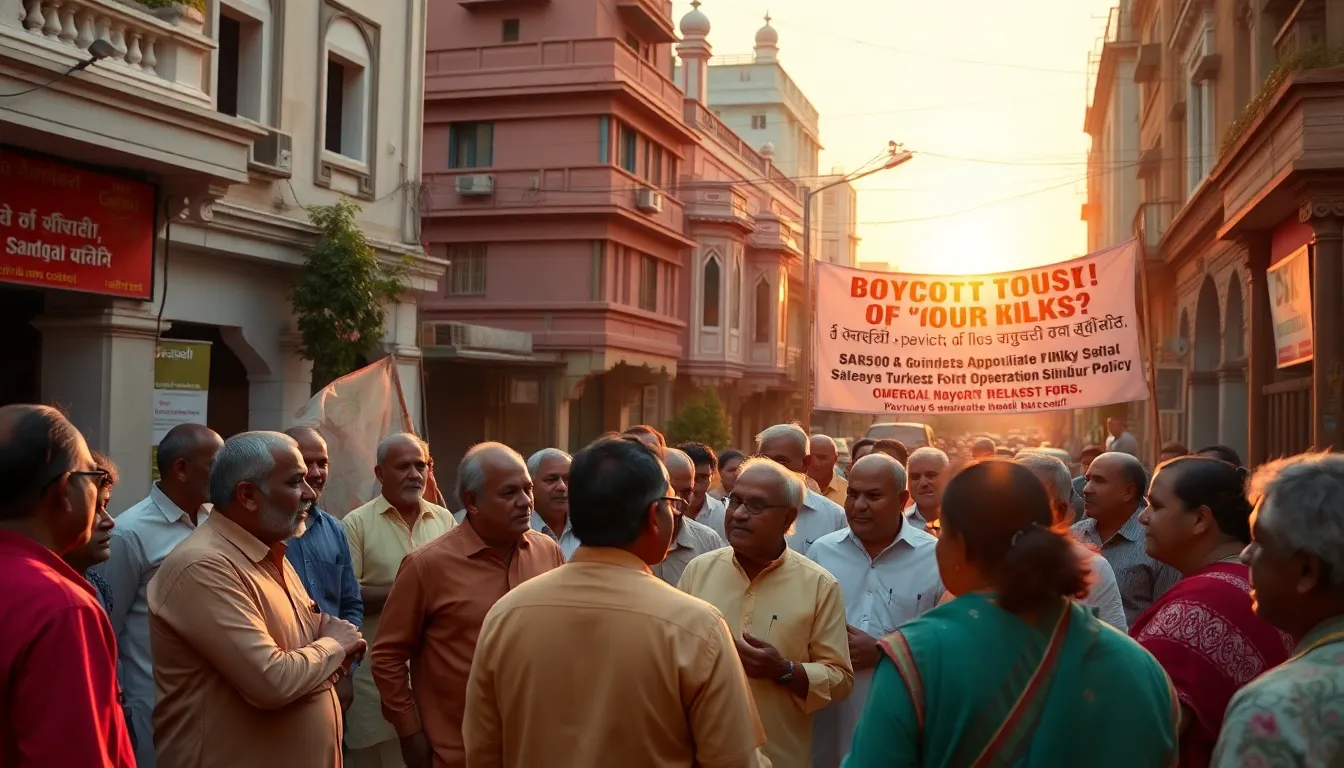The Chairman of the Gujarat Bar Council, J. J. Patel, has made an appeal to boycott Turkey. This statement comes after Turkey’s support for Pakistan during Operation Sindhur, which aimed to combat terrorism. Patel urged lawyers and citizens in India to avoid visiting Turkey and to refrain from any engagement with the nation. His appeal has sparked significant discussions in the legal community.
This issue is particularly noteworthy as it highlights a growing sentiment among Indian professionals regarding Turkey’s political stance. The Gujarat Bar Council, a significant body representing lawyers in the state, has taken a firm stand, hoping to influence public opinion and policy.
Patel’s comments are seen as a reaction to Turkey’s actions, which he believes undermine India’s national interests. He stated, “We must stand united against countries that support terrorism. Our legal community must take a stance and not support nations that go against our values.”
The call for a boycott has resonated with many lawyers, leading to discussions about ethical responsibilities in the legal profession. However, some lawyers have raised questions about the Bar Council’s role in political matters. They argue that the council should focus more on legal issues rather than international politics.
Chief Justice Sanjiv Khanna has also commented on the importance of truth and integrity in the legal profession. He noted that lawyers should serve justice above all. Patel’s appeal aligns with this belief, as he calls for a principled stand from the legal community.
Moreover, the Gujarat Bar Council is expected to implement a reservation policy for women lawyers in its upcoming elections. This initiative follows a Supreme Court directive aimed at increasing women’s representation in legal professions. The council plans to reserve 33% of positions for women, addressing longstanding gender disparities in the field.
Critics of the council have pointed out that while the boycott of Turkey is a bold move, it should not distract from pressing issues such as the need for gender equality within the legal framework. Women lawyers have faced numerous challenges, and many believe that focusing on internal reforms should take precedence.
The women’s reservation issue is crucial as it reflects broader societal changes. Women have fought hard for recognition and equal opportunities in law. The Supreme Court’s recent rulings in favour of women’s representation have been a significant step forward.
As discussions continue, the Gujarat Bar Council is at a crossroads. It must balance its political stances with its primary responsibility of supporting and advancing the legal profession. Patel’s call for a boycott could either strengthen the council’s influence or lead to divisions within its ranks.
In conclusion, the Gujarat Bar Council is navigating complex issues of international relations, internal reform, and gender equality. The coming weeks will be crucial as it seeks to address these challenges while remaining true to its mission of upholding the rule of law. The council’s decisions will likely have lasting implications for the legal community in Gujarat and beyond.


Leave a Reply